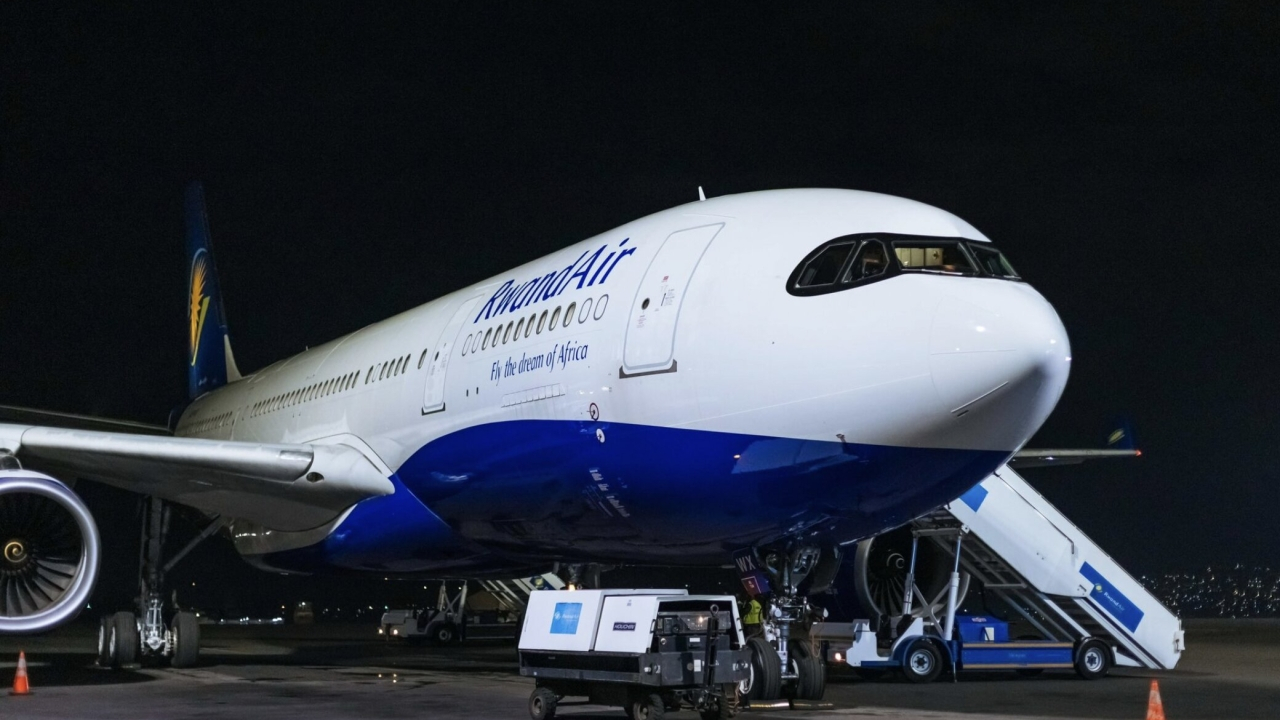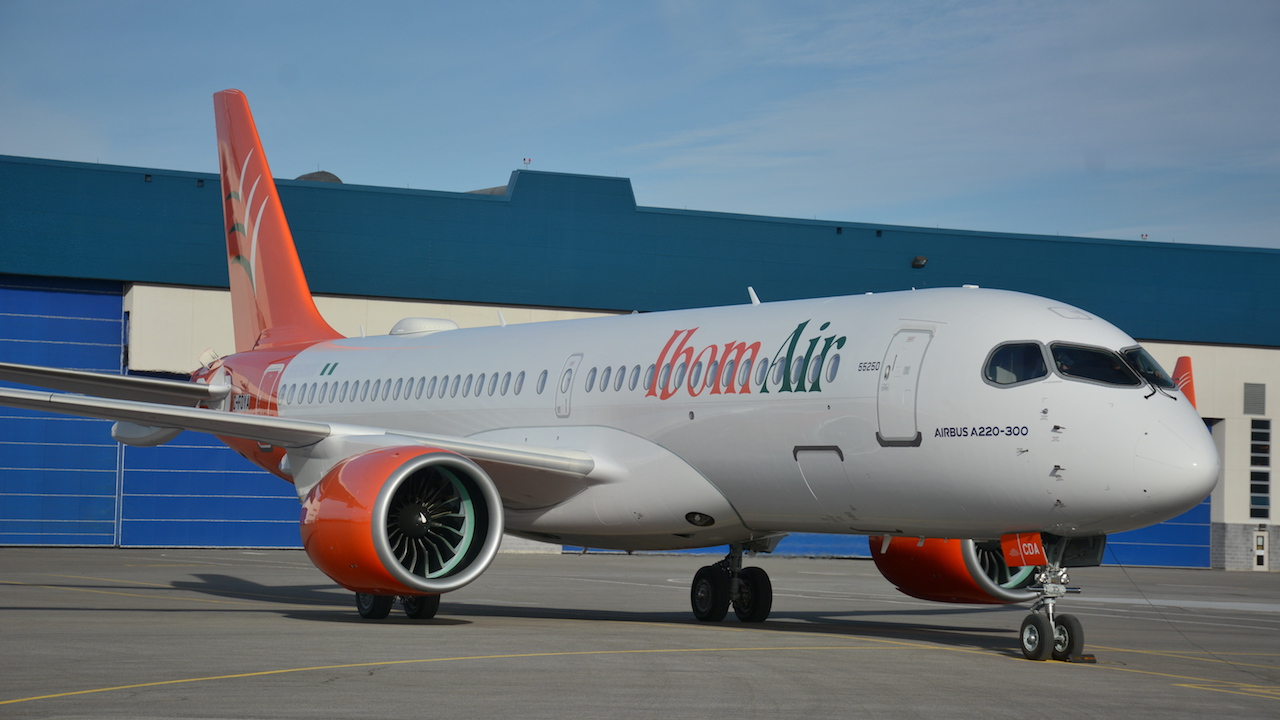RwandAir expands A330 fleet to reinforce strong London route
RwandAir is adding a fourth Airbus A330 to its widebody fleet this summer to give it greater operational resilience on its European routes. Mark Pilling reports from Kigali.

Image: RwandAir
“The fourth A330 is to reinforce London,” said Yvonne Manzi Makolo, CEO of the Rwandan flag carrier, speaking to African Aerospace on the sidelines of the African Airlines Association (AFRAA) 13th Aviation Stakeholders Convention held in Kigali from 11-13 May.
“Given the slot rules in London it's very tricky with three aircraft when one goes down. Then we have challenges with our slots,” she explained.
The A330-200 is coming from an unnamed lessor and will arrive in Kigali in late June or early July, said Makolo. It will operate mainly on its popular daily London Heathrow service but will also bolster its Lagos route.
Today RwandAir operates a fleet of two A330-200s, one A330-300, six Boeing 737NGs, two Bombardier CRJ900s and two De Havilland Dash 8-400s.
The carrier is looking to increase frequencies on its European routes, which are London and its three times weekly Paris service which is tagged with Brussels. “We would like to go daily on Paris as well,” she noted.
“London is doing very well, both for passengers and cargo, so we are very happy about that. I don't know if we'll get additional slots in Heathrow, but Gatwick might be another option,” said Makolo.
On the narrowbody front, RwandAir is adding two more 737-800s, both leased, arriving in July and August to replace its two CRJs which will be phased out and sold. The carrier’s sole 737-700 is being returned to its lessor this summer. The 737s are the backbone of the carrier’s African network and serve Dubai and Doha.
The Dash 8-400s will remain in the fleet serving its domestic routes but the carrier is thinking about an eventual replacement. “They are excellent aircraft and good for the region, but it's a challenge when you have a technical [problem] getting parts,” she said.
RwandAir is now established enough to tap the leasing market to expand its fleet, which was not the case when it began operating in 2002. “In the past nobody would take the risk, so the government had to step in and purchase the aircraft. Now people know RwandAir, and we have a track record,” she added.
The carrier’s ambition is to double its fleet in the next five years, said Makolo.
Stay up to date
Subscribe to the free Times Aerospace newsletter and receive the latest content every week. We'll never share your email address.

